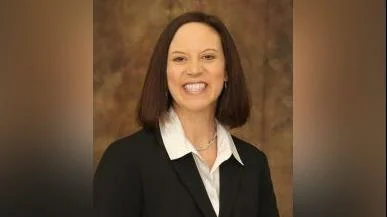Rep. Tom Demmer (R-Dixon) wanted to know what exactly "actuarially sound" meant in reference to the state's $60 billion plan to expand managed care for Medicaid patients.
“We have heard the words 'appropriate, reasonable and attainable' several times today, and we have also heard the term 'actuarial sound,'” Demmer said to Milliman Principal Consulting Actuary Robert Damler during a House Appropriations-Human Services Committee hearing on Dec. 18. “Would a plan that is appropriate, reasonable and attainable be actuarially sound?”
“The definition of actuarially sound relies on the projection of health care costs into the future, and that the premium rates that are being provided are appropriate, attainable and reasonable for the program,” Damler said. “That is how actuarially sound rates are determined.”
According to Damler, many variables that make up a solid managed care organization (MCO) plan do not necessarily equal success.
“If you look at health plans across the states, some perform well and some not, some have financial gains and others have financial losses,” Damler said.
Demmer questioned Damler's answer.
“So your work would set a range of rates that you deem to be actuarially sound, but then whether an individual plan is able to perform actuarially within that range is not within your purview?” Demmer asked.
Damler said what is good for the goose in not necessarily good for the gander.
“Some may feel it is not to be appropriate for them, but another health plan may find it appropriate for them,” Damler said.
Demmer wanted to know how final approval takes place.
“You mentioned you have to submit your findings to CMS (Centers for Medicare and Medicaid Services) for approval,” Demmer said. “Can you describe what that process looks like and what they evaluate your work based on.”
Damler said the two-step process first requires submitting the rate plan, which usually consists of 50 to 100 pages of written material and several hundred pages of Excel workbook documents, then a few rounds of questions and answers takes place.
“Do they do more than ask questions or do they make recommendations for change?” Demmer asked.
“I do not recall recommendations for changes,” Damler said. “I do recall that they have often asked for further calculational questions. For example, if a policy change has estimated a 2 percent increase, they want to know how that 2 percent increase developed.”






 Alerts Sign-up
Alerts Sign-up